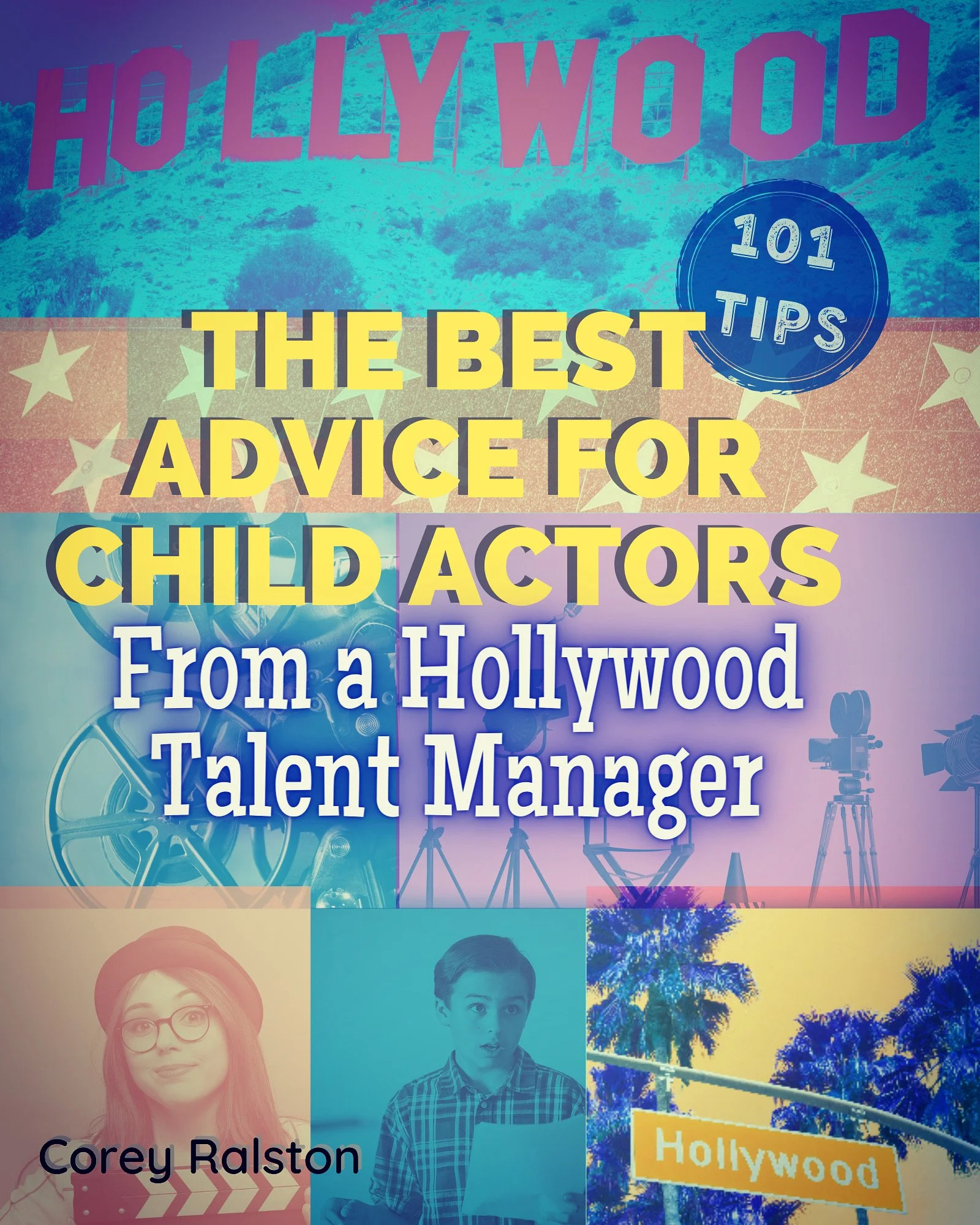Misconceptions actors have about the casting process
I had a youth client who auditioned for a commercial and was booked the job for an entire year later. This is a rare case. The commercial industry is generally fast-paced and Actors can audition, book and film a spot in a few days time.
Just an example of how the casting process can be confusing when you only hear stories from a skewed perspective.
Let me clear up some major misconceptions about the Casting Process that Actor’s tend to think is true.
Casting Directors are usually hired by a project as a Independent Contractor. Hired for their experience, talents, connections.
Their job is to find Talent based on a Script/concept , Production Ideas, Directives from Creative Team. Sometimes they have prototypes for a role. Sometimes they are matching family or seeking strong resemblance to real people.
They are anticipating Productions needs/requests. They are building their own knowledge and database of Actors in their production niche.
They bring in options that may work to Producers. Different races, looks, types, and ages. Different levels of pay scales as well from name actors to unknowns.
They start by sorting through 2,000 to 4,000 submissions via Breakdowns. They respond to pitch emails and calls from Talent Reps that urge them to see or read particular actors. They call Talent Reps seeking creative out of the box options in some cases.
Casting isn’t a linear process as many believe. There can be Actors who are offered a role that may have potential scheduling conflicts. They can also be testing actors, doing first reads and callbacks simultaneously.
If an Actor receives an opportunity to read for a role and doesn’t seem to match the character breakdown, do not question it!
Be thankful for the opportunity to meet or be seen. You do not know the reasoning for straying from the Breakdown specs. A change in race or playing with ages or even genders may be at play.
Slates are identifying tools with pertinent information for casting.They also create opportunities for an actor to display personality, humor or sincerity when not able to shine in the room.
Sides are carefully chosen by casting to find skills an actor needs to possess to book. Skills like showing relationships to other characters, displaying intensity with a range of emotions. They may want three scenes or more to have a record of what an actor can do and potentially bring to a role.
It’s possible that 10 seconds into the first scene read that casting can see that an actor is under-developed. Or if they are too strong, not funny or the wrong type. There is no need to watch the other sides an actor had prepared. Do not take it personally - no matter what you paid on coaching or how hard you or your kid worked on it - or how stressful it was to meet the deadline. It was worth it even though it feels rude.
The business is not an equal opportunity player. Nothing has to be fair in production. There is an objective, a look and a myriad of things at play. If an actor doesn’t check a box required then it’s on to the next because the clock is ticking for them to complete casting.
Casting is in the business of keeping tabs on actors. They keep great notes. They have fantastic memories. Getting in front of them is never a loss.
Remember: THE AUDITION IS THE JOB!
Some wise rules to live by as an actor, starts with not trying to get into the mind of Casting and Production and their decisions.
You have no clue of the many moving parts and objectives. Never make assumptions.
Be grateful for being in a slim percentage of actors that get to read or be seen. Put effort into auditions to showcase your work ethic, regardless of if they are watched or not.
Be memorable. Be creative and unique. Be good enough to get on the radar of casting directors.
Trust the process without agonizing on the details or unknown variables.
Stop competing! This is not a sport it is a business. It may be project based, but the players involved have investments in future endeavors.
Never burn bridges. Hollywood is a small town.
What is meant to be will be. Trust God’s perfect plan for life. Know that there are trials to be had to instill character or teach lessons. Know that better things may result in a loss.
Audition and let it go. Callbacks are incredible markers of success but everything else is out of your hands and beyond your understanding.
Desperation and looking over eager is foul smelling and unattractive.
It is ok to want something really bad. It is ok to mourn a loss. Disappointment and rejection is painful. But keep plugging away.
Be sincere and genuine and true to yourself. Do not mold yourself off of your slim interpretation of what you think somebody wants you to be.
You can be yourself.
Be confident.
Be relaxed.
Be unique.
Be creative.
Be Strong.
Be prepared.
Be humble.
Be nice.
Be grateful.
Be sincere.
Be equals.
Be important.
Be receptive.
Be understanding.
Be trained.
Be proactive.
Be friendly.
Be full of light.
Production involves creativity and art, which by nature involves our heart and sensitivities. It is superficial in many aspects. It exposes your vulnerability.
So it is important to have skills and a mindset to rebound and overcome the inevitable negative hits.
To have a positive frame of mind.
To have structured goals and a drive to succeed.
To have a love and commitment to the art form.
This new frame of mind and understanding will set you up for success.
(reblogged from my original post on Facebook)





